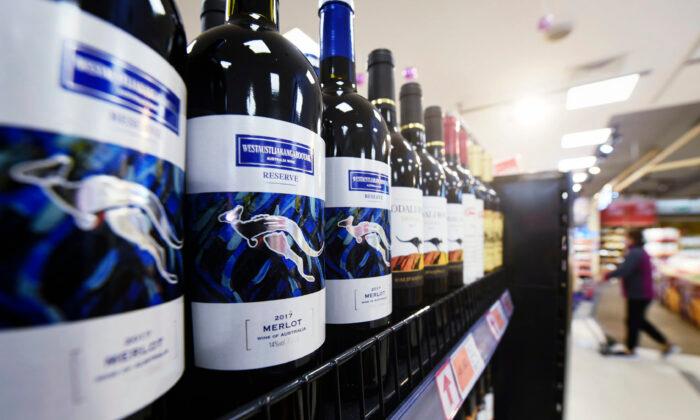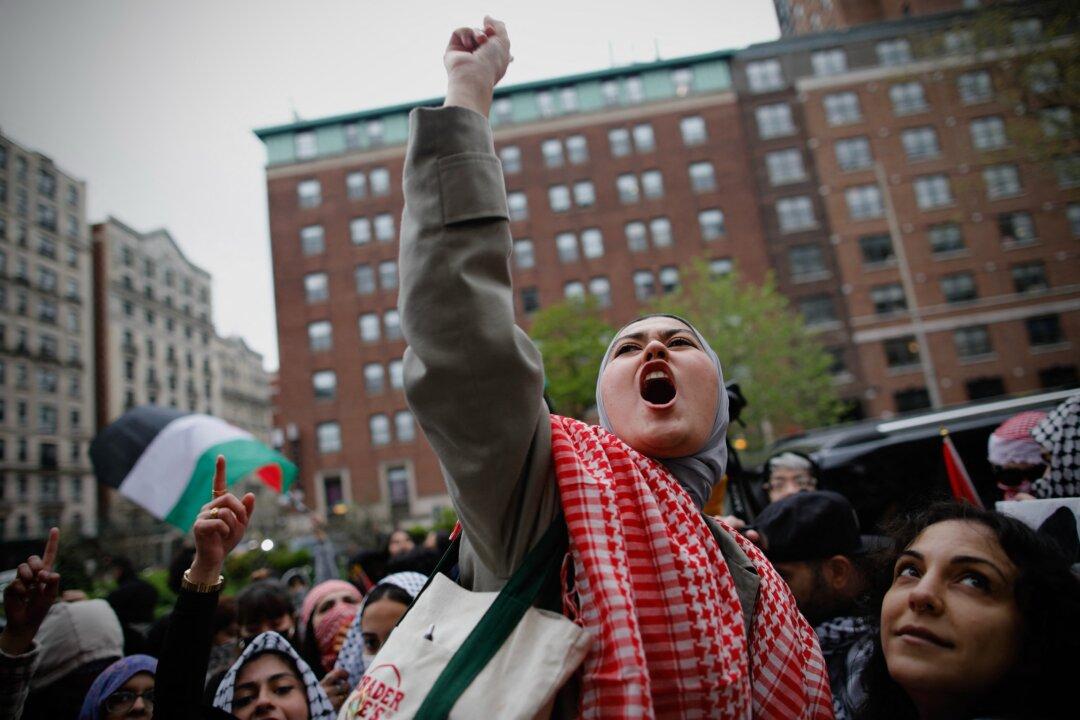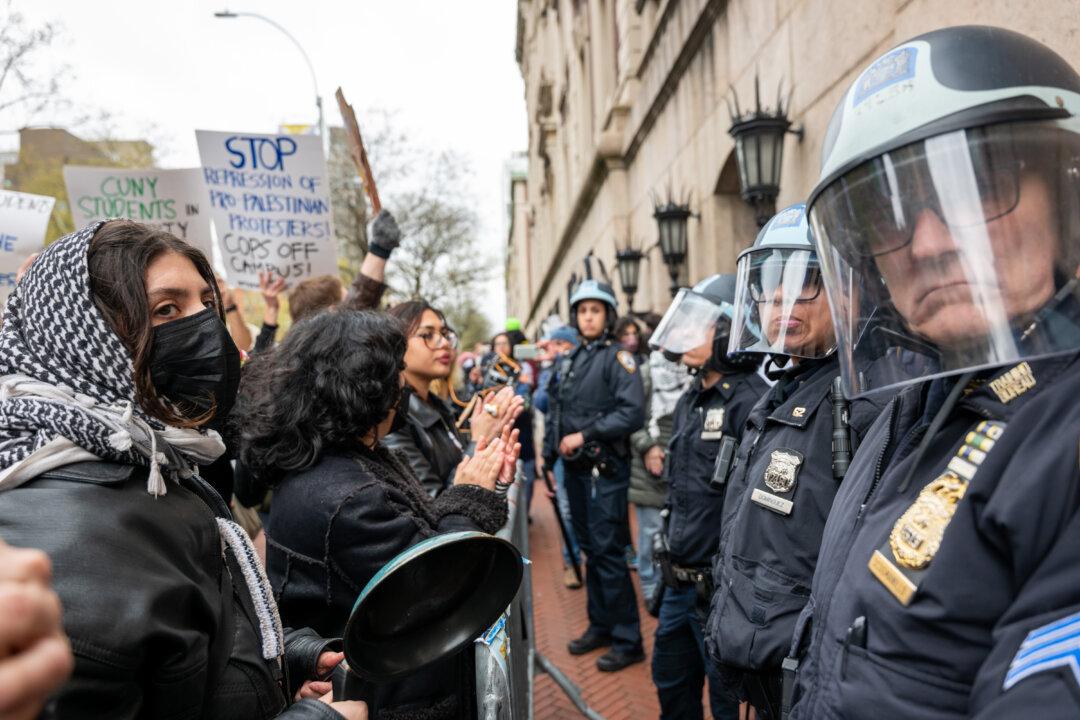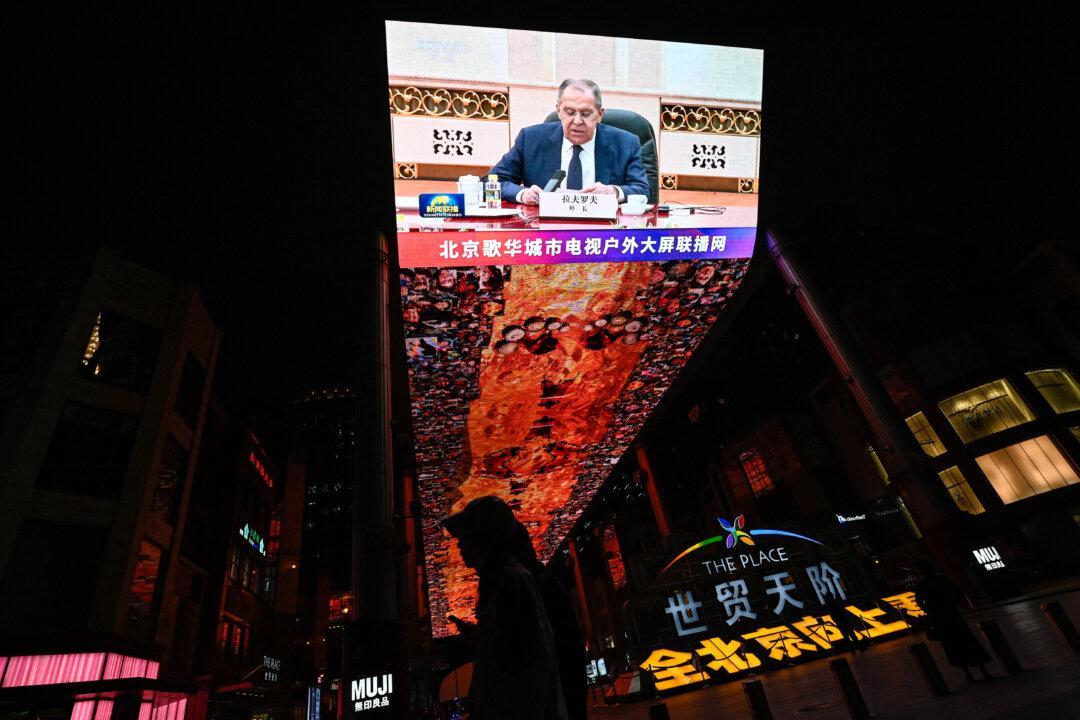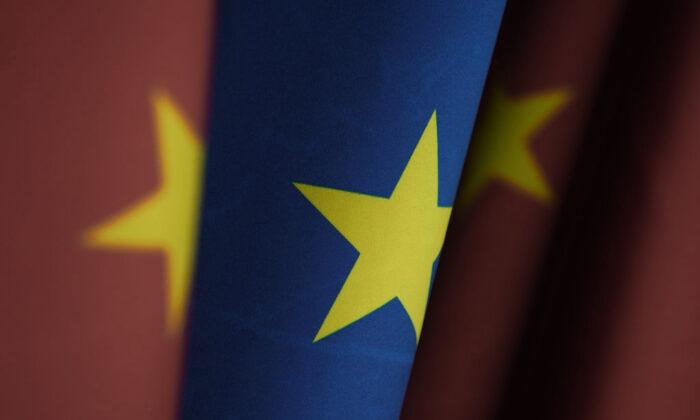Treasurers are usually the last to advise against trade with any country, as that trade often brings lower consumer prices, in the short term, higher GDP, and much-needed government revenue. Usually overlooked are the employment disjunctions, supply-chain dependency, and greater vulnerability to market fluctuations that often accompany such trade.
These increasing exports are particularly welcome in Australia, as the country down under could be hit by a second recession this year, after one last year due to tough COVID-19 lockdowns.
Yet Australia is warning against more China trade.
Frydenberg noted that China “is willing to use its economic weight as a source of political pressure. It offers economic ‘carrots’ through initiatives such as the Belt and Road. And it threatens economic consequences for perceived misdeeds.”
The difference between today, and the Cold War, according to Frydenberg, is the highly integrated global trading system. “During the Cold War, the Soviet Union was largely cut off from the rest of the world. It did not trade or invest much outside of its sphere of influence. Its investment and trade with the US was negligible,” he said.
The Soviets, therefore, were a less formidable adversary than Beijing. Yet, the Soviets did plenty of damage, including providing support to illiberal regimes in China, Vietnam, and Cuba. Beijing’s new support to dictators and state sponsors of terrorism around the world will do even more damage, and with second- and third-order effects for decades, if not centuries, to come.
China in 2019 accounted for 13 percent of global exports, and since 2009 has been the world’s largest exporter, Frydenberg noted. The number of countries with more U.S. trade than with China dropped from 80 percent in 2001, to 30 percent in 2018. Approximately 130 countries now count on China as their greatest trading partner.
China’s targeting of Australia’s economy for sanctions, according to Frydenberg, is due to “fourteen so-called ‘grievances,’ covering everything from our foreign investment laws to our willingness to call out cyber-attacks.” Australia lost an estimated A$3.5 billion from cybercrime in 2019.
China’s actions “have hurt specific industries and regions, significantly in some cases,” he said. “They have targeted our agricultural and resources sector, with measures affecting a range of products, including wine, seafood, barley, and coal.”
Yet the Australian economy is still doing well, according to Frydenberg. Targeted goods “accounted for just 5.9 percent of our total exports in 2019 and 1.2 percent of nominal GDP.”
The Treasurer noted that over A$100 billion of Australian trade and investment continued with other countries in 2020, including the United States, Japan, and South Korea. A new Australia-UK free trade agreement will allow 99 percent of Australian goods into Britain duty-free.
“Many of the firms and industries targeted by China’s trade restrictions have also been successful in re-directing goods to other export destinations,” Frydenberg noted. “This is particularly the case for larger bulk commodities that trade on global markets. Of those goods targeted by trade actions, our total exports to China are estimated to have fallen by around A$5.4 billion over the year to the June quarter. But over the same period, exports of those goods to the rest of the world have increased by A$4.4 billion. Australian coal, which otherwise would have gone to China, has found buyers in other markets including India, South Korea, and Taiwan,” he noted pointedly.
The Treasurer used this as an example of the ability of free markets to do good. “Importantly, this demonstrates the power of open global markets. In many cases, trade actions simply see a reordering of global trade flows,” he said.
It should also be noted that such openness allows illiberal regimes, like the Chinese Communist Party, to escape the effects of economic sanctions for their human rights abuse. Thus, free global markets cut both ways.
A wiser strategy than unmitigated global free trade would be to exclude particularly threatening and illiberal regimes from our open global markets, which should be reserved for democracies and their allies. This will strongly incentivize illiberal regimes to improve their human rights practices and end their territorial aggressions.
Considering Australia’s new export markets, the lost exports from China’s trade sanctions were only A$1 billion, less than a tenth of a percent of Australia’s GDP. If spread evenly between Australia’s 25 million population, that would only cost each citizen about A$40, and only if that trade did not find any domestic markets. China’s sanctions, therefore, are hardly worth losing one’s sovereignty over (though the special interests hit hardest by the sanctions might argue otherwise).
The Chinese sanctions are, however, enough to lose the Chinese regime much of the goodwill that it had down under.
“We have remained steadfast in defending our sovereignty and our core values,” said the Treasurer. “And we always will.”
